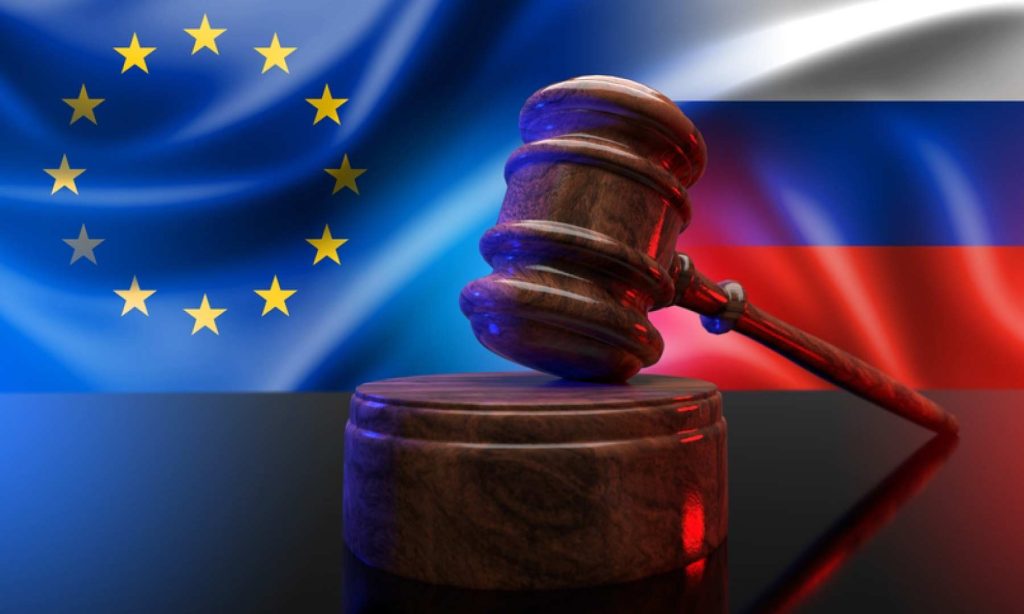The European Union (EU) has banned all crypto services in Russia as part of its eighth round of sanctions. The step was taken in response to Moscow’s annexation of four Ukrainian territories as part of the ongoing conflict between the two countries.
The newest and eighth sanction since the crisis broke out between the two countries was announced through a press release on the European Commission website.
The ban means Russian account holders will no longer have access to crypto asset wallets, accounts, or custody services, irrespective of the amount of the wallet. This is a tightening of the EU’s existing prohibitions on crypto assets in the country.
With this move, the EU has revoked the older limit, established in April. Until now, such services could continue servicing Russian wallets holding €10,000 or less. The latest sanction also widens the number of services that can no longer be provided to Russians or the Russian government. Such services include some that are fundamental to Russia’s functioning, such as IT consultancy, legal advisory, architecture, and engineering services.
The additional restriction has been introduced a day after the EU confirmed some key points in relation to its crypto regulation. Under one of the new laws introduced, wallet service providers will now have to verify the identities of their users.
This is not the first time crypto has come to the centrestage in the conflict-hit region. Earlier this year, in April, Bloomberg reported that Ukraine managed to raise more than $60 million worth of crypto donations. However, despite crypto donations coming to the aid of millions of people in Ukraine, it appears that crypto cannot bypass the sanctions levied by the EU.
Earlier, in February this year, when the sanctions were first imposed, American and European leaders raised concerns about whether the growing industry could help Russia bypass their trade restrictions. The latest sanctions ensure that such bypassing does not happen.








